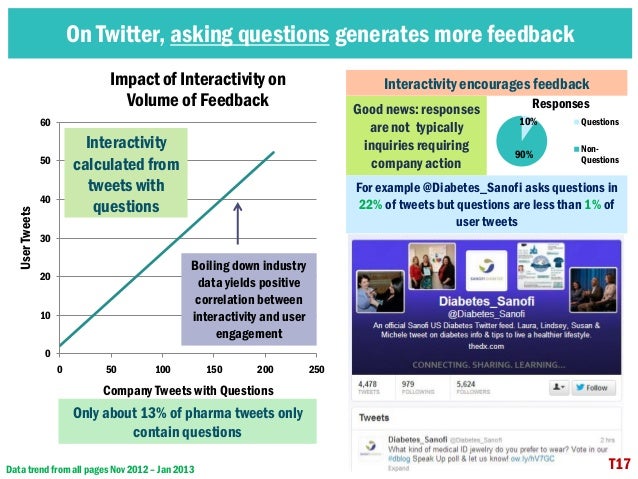Many companies see social media as one giant scoreboard: the team with the most fans or followers wins, but this is definitely not the case, think about how many business pages do you follow and just let them sit there, how many business pages do you interact with?"You know you need to create content but what does that really mean?"
Now
SocialMediaExaminer.com points out 26 steps to creating a content so I looked
through and pulled out the ones that I thought were important:
so these are Amy's 11 steps-
1.
Align
Content Development With Social Media Metrics and Goals:
a.
Understand the goals of your company’s social media content delivery to help you develop a more attainable
strategy.
2.
Create
Your Content Strategy With a Big-Brand Mindset
a.
Find where their customers talk and “go deep.”
b.
Create content that people want to talk about
c.
Use social media to listen to customers.
3. Concentrate on Increasing Daily
Updates
a. Frequency: Post around 5-10 times a
day on Twitter and 1-4 times a day on Facebook for optimal
outcome.
b. Timing: Almost all research studies
highlight the main work hours from 8 am to 8 pm as good times to tweet and post to Facebook.
c. Multiple sites: Post to multiple social
sites, in addition to your own blog or website.
4. Delve Into Data From Social Media Channels
a. Data from social channels (e.g.,
Twitter, Facebook, LinkedIn, Google+ and blogs) can be overwhelming unless you
have clear goals to guide what you’re looking for and what you’ll do with the
information once you find it.
5. Engage in Real Interactions
a. Be available to your audience in
real time, when you can
have more
meaningful back-and-forth conversations.
6. Get to know the New Google Analytics
Social Reports:
a. Google‘s new standalone reports, Data
Hub Activity and Trackbacks, give marketers more in-depth insights into social
networks and how users respond to a business’s content.

7. Look to the Future of Social Media
a. The question of social media’s ability
to capture leads has been at the forefront of marketers’ minds from the
beginning. Twitter is the latest network to offer an approach that will let
marketers be more proactive with lead generation cards.
8. Network in All the Right Places
a. Follow your customers and
prospects so you can
network in all the right places.
9. Present Your Human Side With Photos
a. Photos and other types of visual content
are highly shareable on social networks. Pam Moore suggests that when you post photos of your team,
it helps to show
your business as a human brand and build relationships with your community.
10. Question Readers for More Engagement
a. Questions are a good example of engaging
content and have become a frequent go-to tactic, especially on platforms such
as Facebook.
b. Pure fan engagement questions to help tap into the interests and
lifestyles of your fans.
c. Market and competitive analysis
questions to generate
conversations and engage with possible leads who are
interested in buying that product.
d. Product/service feedback questions that
can serve as a fast focus group to find what people like most
and what areas you can expand into.

11. Strengthen In-Person Events With Social
Media Promotion
a. Engage—encourage potential
attendees to interact with you early on by crowdsourcing feedback.
b. Intrigue—create an event page
on event listing sites (e.g., Facebook events, Eventbrite).
c. Invigorate
potential attendees
with videos, blog posts, press releases, Twitter list of attendees, etc.
d. Integrate—pick a hashtag for the
event to get people talking.
e. Inform—ask attendees to vote on
session suggestions via text messages, consider QR codes on badges.
f. Propagate—stream live video of
your event.
g. Aggregate—spread the conference
presentations as widely as possible; use email links on your website
and publish on SlideShare.
References
http://www.socialmediaexaminer.com/26-tips-to-create-a-strong-social-media-content-strategy/



No comments:
Post a Comment